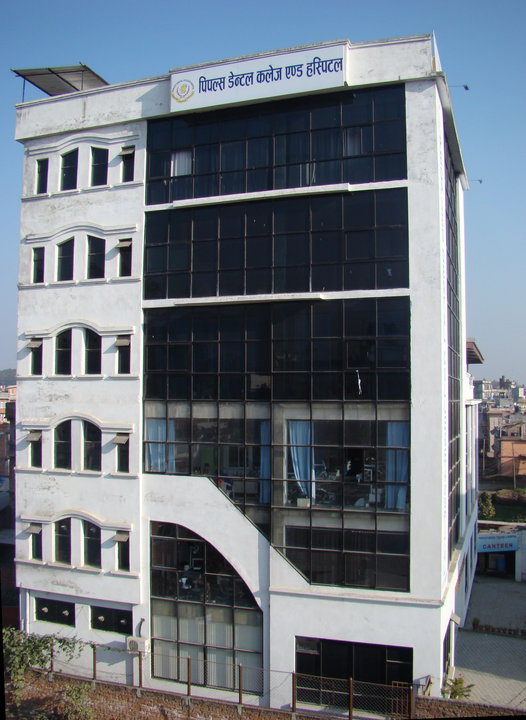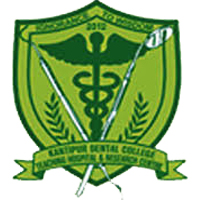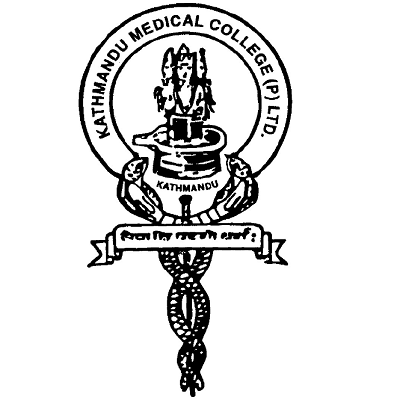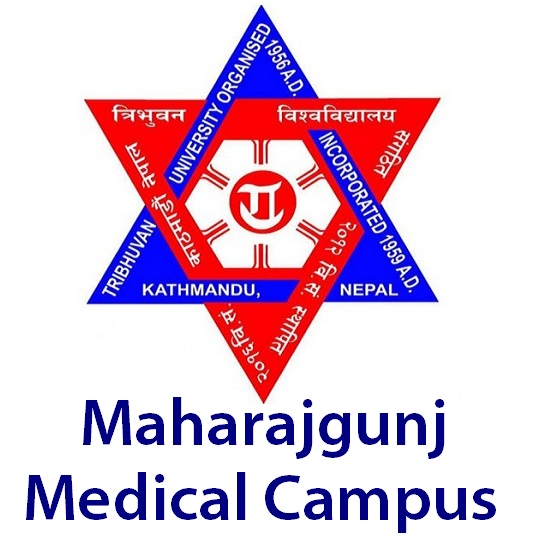Overview
MDS in Prosthodontics and Maxillofacial Prosthesis at People’s Dental College & Hospital
MDS in Prosthodontics and Maxillofacial Prosthesis at People’s Dental College & Hospital (PDCH), Kathmandu runs under Tribhuvan University (TU). The specialty spans three academic years and prepares you for fixed, removable, and implant-supported rehabilitation, along with selected maxillofacial prostheses for defects caused by surgery, trauma, or congenital conditions. Entry is through the Medical Education Commission (MEC) MECEE-PG, and PDCH lists five seats for this branch in recent cycles.

Highlights
-
Affiliation: Tribhuvan University; recognition through Nepal Medical Council listing of the institution.
-
Duration: 3 years full-time (post-BDS).
-
Intake at PDCH: 5 seats; final numbers follow MEC’s annual seat matrix.
-
Admission: MECEE-PG merit list and matching.
Curriculum Details
Teaching covers treatment planning, occlusion, TMJ considerations, full dentures, partial dentures, fixed partial dentures, complete-arch solutions, implant planning and maintenance, and maxillofacial prostheses such as obturators and facial prostheses. Residents learn material science for ceramics, polymers, and alloys, digital workflows, and documentation that meets TU and hospital standards. (Program length and specialty scope reflect TU’s MDS framework.)
Objectives
-
Restore oral function and facial form using predictable prosthodontic methods.
-
Guide patients on maintenance, hygiene, and long-term follow-up.
-
Build case selection and referral judgment for multidisciplinary care.
Scope
Graduates serve as prosthodontists in teaching hospitals, multispecialty practices, and implant centers. Many hold faculty roles in TU-affiliated colleges or contribute to cleft and head-and-neck rehabilitation teams. (Seat distribution and institutional status verified via MEC and NMC sources.)
Learning Outcomes
-
Plan and deliver fixed, removable, and implant-assisted prostheses.
-
Manage occlusion, vertical dimension, and aesthetics in complex cases.
-
Fabricate or supervise fabrication of maxillofacial prostheses; counsel patients and caregivers on use and care.
Skill Development Modules
-
Wax-up and articulator programming; face-bow transfer and CR recording.
-
Complete denture techniques, cast partial frameworks, precision attachments.
-
Implant planning, surgical guide coordination, abutment selection, and prosthesis delivery; maintenance protocols.
-
Maxillofacial impressions, shade and texture matching, and retention strategies.
Teaching Methodology
Seminars, journal clubs, case presentations, preclinical simulations, and progressive clinical quotas in complete and partial dentures, fixed prosthodontics, implant prosthodontics, and maxillofacial prostheses. Assessment follows TU regulations for MDS programs.
Admission Requirements
-
BDS or equivalent, internship completion, and professional registration; category-wise eligibility and documentation follow MEC notices.
-
Entrance: MECEE-PG; merit list and matching determine placement at PDCH.
Career Opportunities
Typical roles include hospital prosthodontist, implant prosthodontist, or academic registrar/lecturer. Opportunities exist in rehabilitation teams that manage post-surgical maxillofacial cases.
Scholarships and Financial Aid
Scholarship and paying categories, including any reserved seats, are published by MEC each cycle. Applicants should verify the latest seat matrix and category rules before acceptance.
Why Choose This Course?
You learn advanced prosthodontics in a TU-affiliated setting, supported by a Kathmandu teaching hospital and defined PG seat allocation under MEC. PDCH’s current listing shows five seats, which supports focused supervision and case exposure.
Conclusion
MDS Prosthodontics and Maxillofacial Prosthesis at PDCH suits dentists who aim to restore function and appearance through evidence-based prosthodontic care within Nepal’s TU–MEC framework. Seat numbers, fees, and deadlines vary; rely on the current MEC cycle and PDCH announcements.




















